
Mastering the Art of Adjective Sentence Completion: A Comprehensive Guide
In the vast landscape of English language proficiency, certain skills stand out as crucial indicators of a learner’s mastery. Among these, the ability to effectively complete sentences, particularly those requiring the precise selection of adjectives, is paramount. This article delves into the intricacies of adjective sentence completion, offering a comprehensive guide to understanding, approaching, and ultimately excelling in this vital linguistic exercise.
From standardized tests like the SAT, GRE, and TOEFL to everyday communication, the skill of choosing the most appropriate adjective to convey a specific meaning is indispensable. It not only tests your vocabulary but also your understanding of context, nuance, and logical relationships within a sentence. Mastering adjective sentence completion is not merely about memorizing words; it’s about developing a keen analytical eye and a sophisticated understanding of how language works.

Understanding the Fundamentals: Adjectives and Sentence Completion

Before we dive into strategies, let’s establish a clear understanding of the core components:

What Are Adjectives?
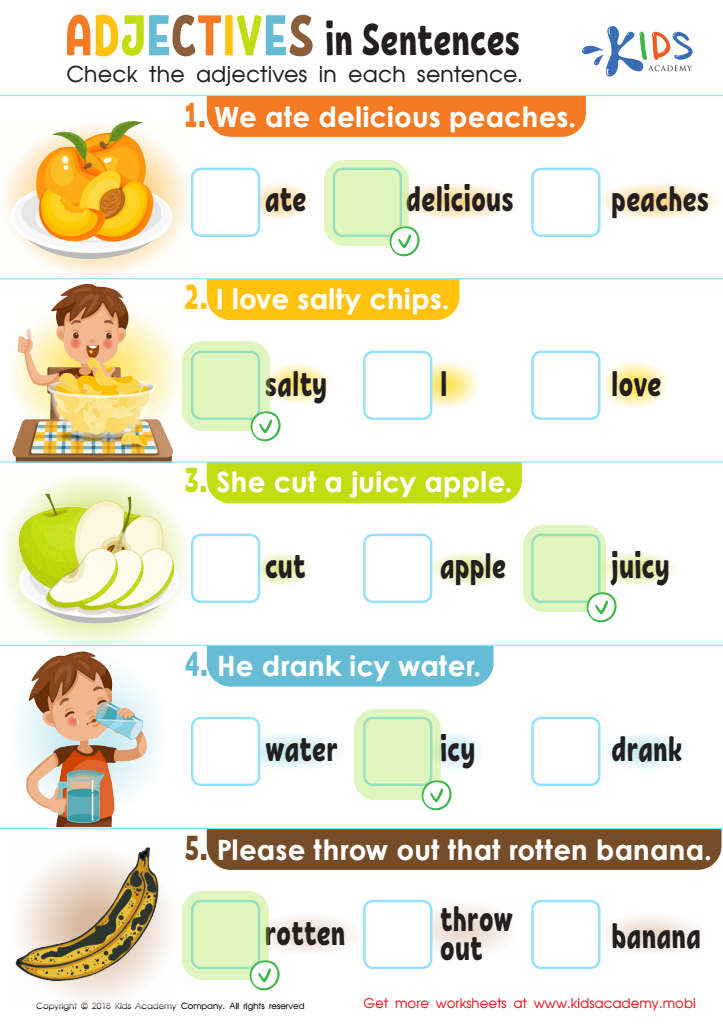
Adjectives are words that describe or modify nouns and pronouns. They provide more information about the quality, quantity, or state of the noun/pronoun they are associated with. Examples include:
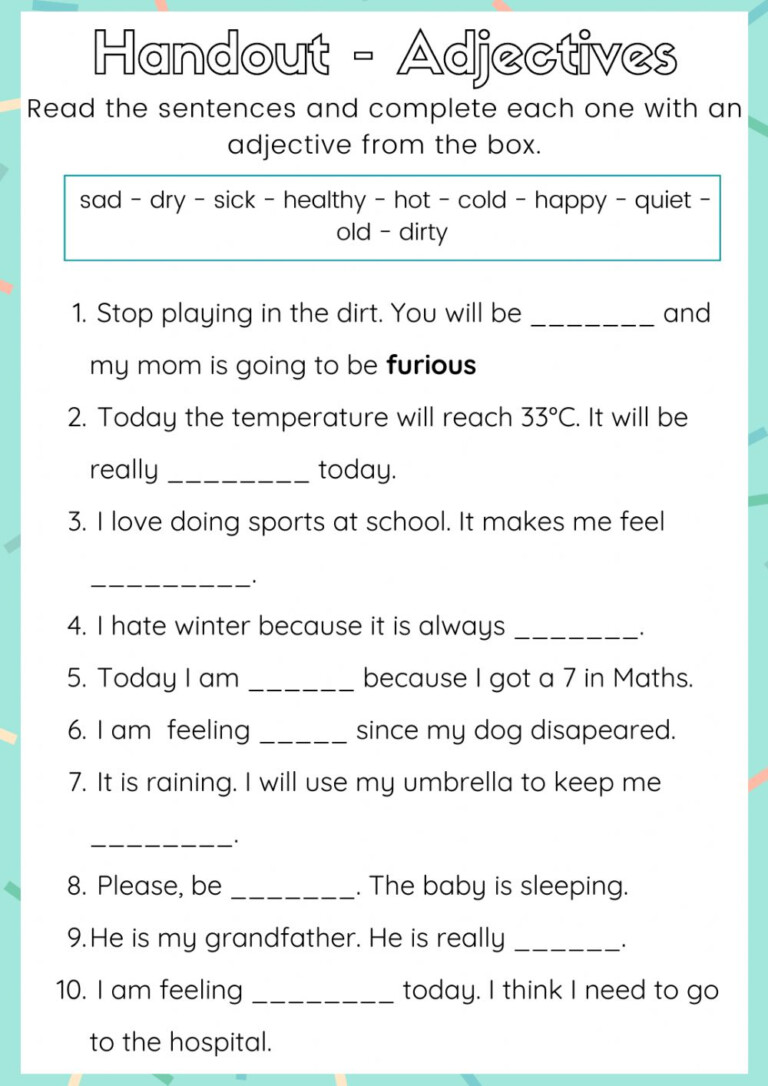
- Quality: beautiful, ugly, tall, short, brave, cowardly
- Quantity: many, few, some, several
- Size: large, small, tiny, gigantic
- Color: red, blue, green, golden
- Origin: American, French, Asian
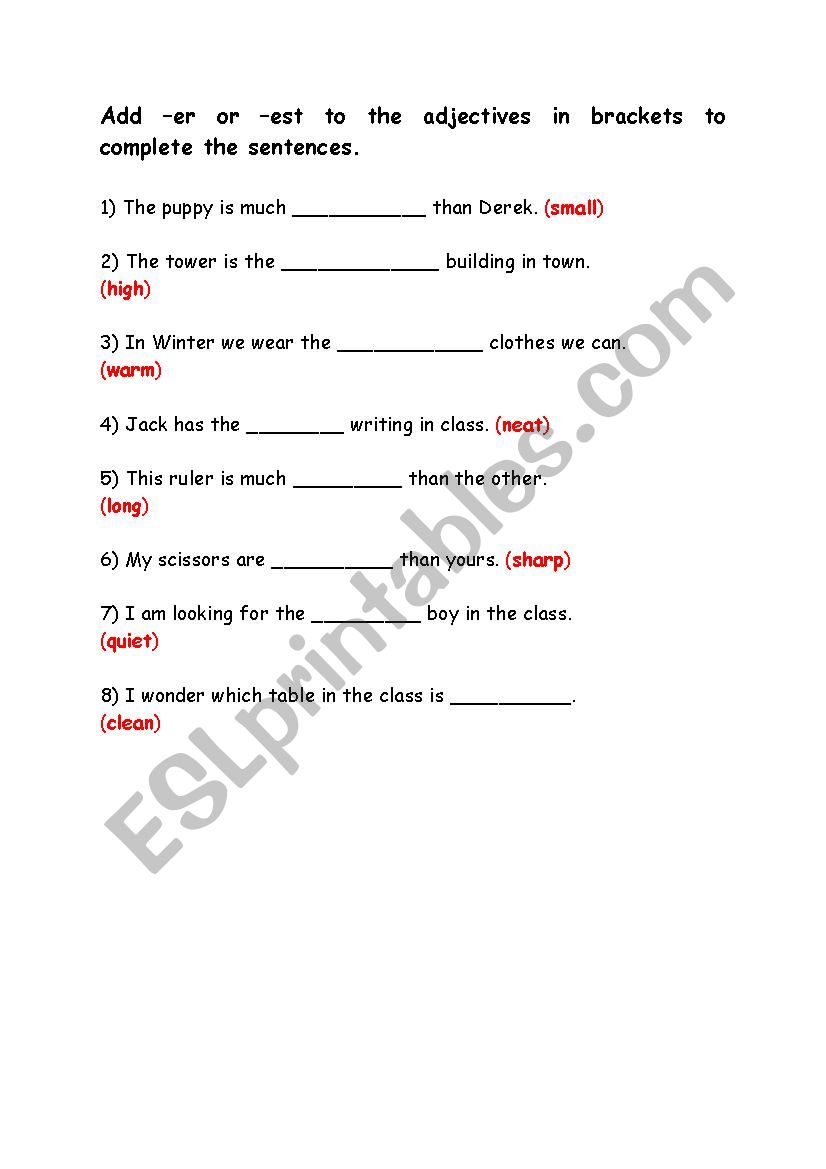
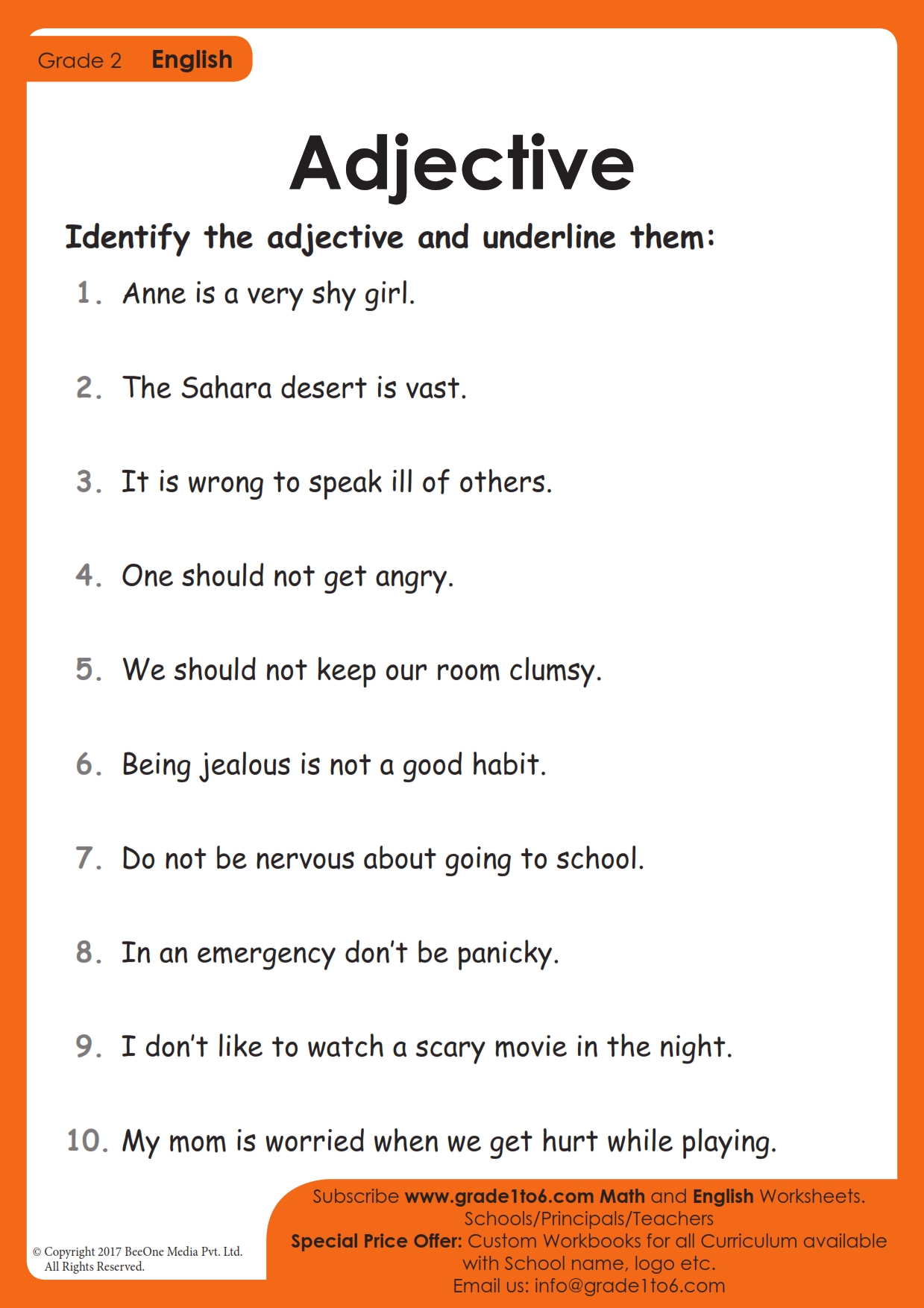
Adjectives enrich our language, allowing us to paint vivid pictures and convey precise meanings. Without them, our descriptions would be bland and vague. In sentence completion exercises, the missing word is almost invariably a descriptive adjective that modifies a specific noun or pronoun in the sentence.
What Is Sentence Completion?
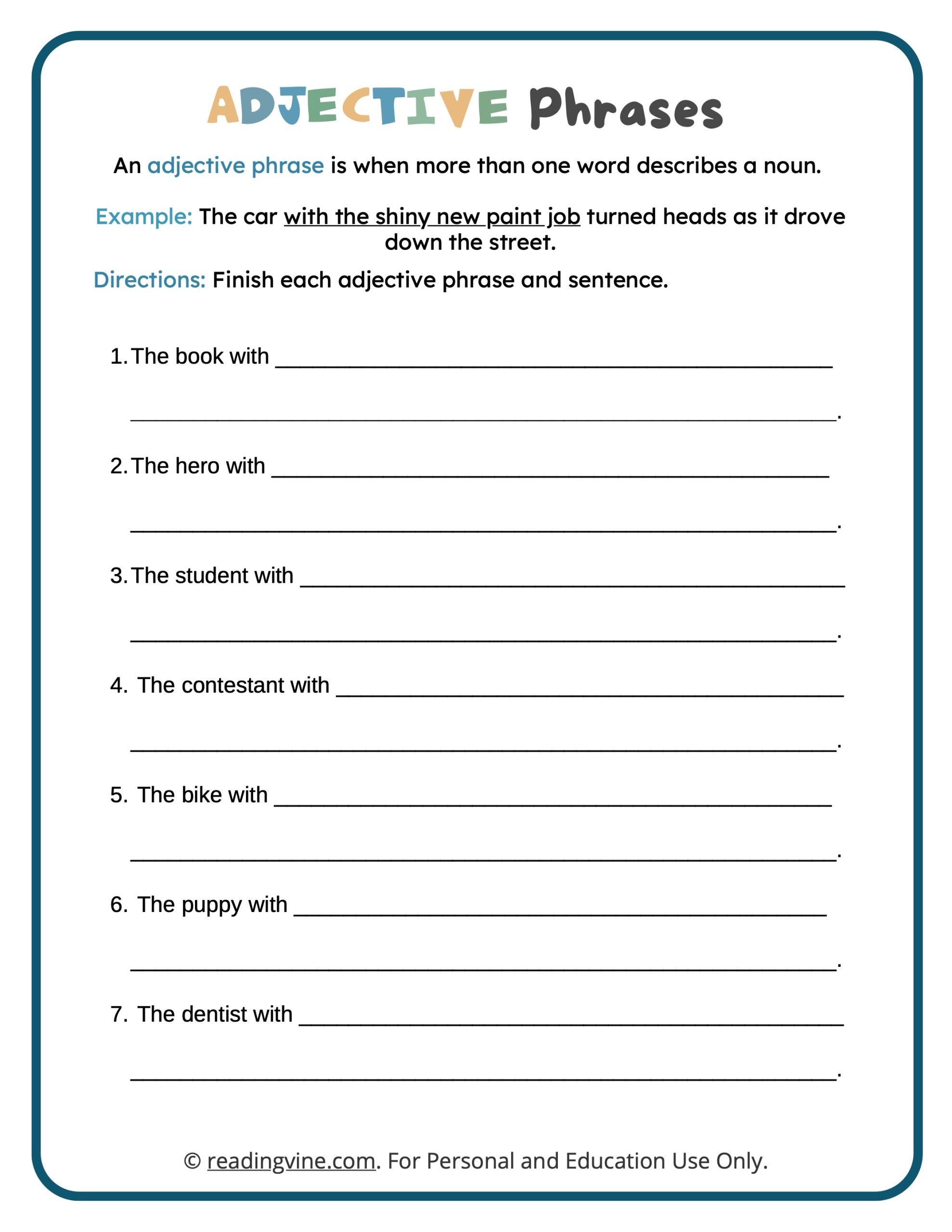
Sentence completion is a type of exercise designed to test a test-taker’s vocabulary, understanding of grammar, and logical reasoning skills. It presents a sentence with one or more blanks, and the task is to choose the word(s) from a given set of options that best fit the context, grammar, and overall meaning of the sentence. When the blank specifically calls for a word that describes a noun or pronoun, we are dealing with adjective sentence completion.
The Nexus: Adjective Sentence Completion
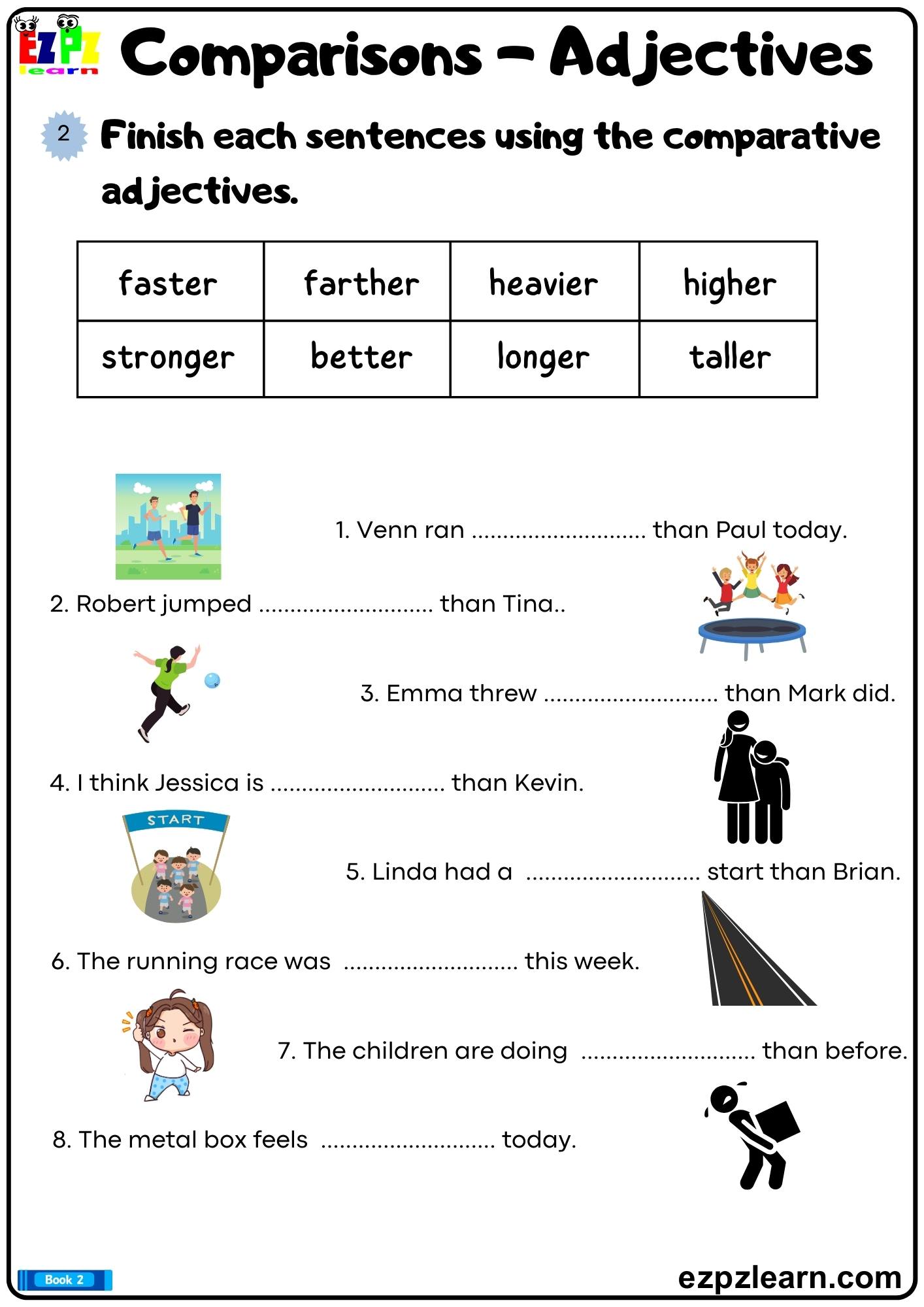
The challenge in adjective sentence completion lies in the subtle differences between synonyms, the connotations words carry, and the logical flow of the sentence. Often, several options might seem plausible at first glance, but only one truly fits the precise meaning and tone intended by the sentence. This requires more than just knowing a word’s definition; it demands an understanding of its usage in various contexts, its positive or negative implications, and its relationship with other words in the sentence.
For instance, consider the sentence: "Despite the ____ conditions, the hikers managed to reach the summit."
Options might include: difficult, challenging, arduous, tough, severe. While all these words describe something hard, "arduous" or "severe" might convey a stronger sense of extreme difficulty, making them more appropriate depending on the specific context implied.
Strategic Approaches to Adjective Sentence Completion
Excelling in adjective sentence completion requires a systematic approach. Here are key strategies to employ:
-
Read the Entire Sentence Carefully: Do not jump to conclusions after reading just part of the sentence. The entire context is crucial. Look for clues in every word.
-
Identify the Noun/Pronoun Being Modified: Pinpoint exactly which word the missing adjective needs to describe. This helps you understand what kind of characteristic is being sought. For example, if it’s describing a person’s character, you’ll look for adjectives like kind, honest, deceitful. If it’s describing a landscape, you’d consider picturesque, barren, lush.
-
Look for Contextual Clues:
- Keywords indicating Cause and Effect: Words like because, since, as a result, therefore, consequently. If the first part of the sentence describes a cause, the adjective might describe the effect.
- Keywords indicating Contrast/Opposition: Words like but, however, although, despite, yet, nevertheless, conversely, on the other hand. These words signal a shift in meaning, implying the blank should contain a word opposite in meaning to an idea presented elsewhere in the sentence.
- Keywords indicating Similarity/Support: Words like and, also, moreover, furthermore, in addition, similarly. These suggest the blank will reinforce or extend an idea already present.
- Tone: Is the sentence positive, negative, neutral, sarcastic, critical, or admiring? The adjective must match the overall tone.
-
Predict the Type of Word Needed: Based on the context, try to anticipate whether the missing adjective should have a positive, negative, or neutral connotation. This pre-analysis can significantly narrow down the options.
-
Analyze the Answer Choices:
- Vocabulary Nuances: Understand the subtle differences between synonyms. For example, clever, ingenious, and shrewd all relate to intelligence but have distinct connotations. Clever is general, ingenious implies creativity, and shrewd suggests practical astuteness, often in business.
- Antonyms: If a contrast word (like "but" or "although") is present, the blank will likely be an antonym of another word in the sentence.
- Word Roots, Prefixes, and Suffixes: Knowledge of etymology can help decipher the meaning of unfamiliar words. For example, ‘mal-‘ often means bad (malicious), ‘bene-‘ means good (benevolent), ‘-able’ means capable of (readable), ‘-less’ means without (hopeless).
-
Eliminate Clearly Incorrect Options: Rule out choices that are grammatically incorrect (e.g., a verb when an adjective is needed), contextually irrelevant, or semantically contradictory. This process of elimination is often as important as finding the correct answer.
-
Plug In and Re-Read: Once you’ve chosen an answer, insert it into the sentence and read the complete sentence aloud (mentally or actually). Does it sound natural? Does it make logical sense? Does it flow well? This final check is critical.
Common Pitfalls and How to Avoid Them
Even with strategies, certain traps can lead to incorrect answers:
- Misinterpreting Context: Rushing or not paying close enough attention can lead to choosing an adjective that fits one part of the sentence but not the overall meaning.
- Ignoring Subtle Clues: Small words like "but," "despite," or "because" are powerful indicators of relationships between ideas. Overlooking them can lead to a wrong choice.
- Vocabulary Gaps: Not knowing the precise meaning or connotation of an adjective is a primary pitfall. The solution is continuous vocabulary building.
- Overthinking or Underthinking: Sometimes the most straightforward answer is correct, but test-takers might look for overly complex solutions. Conversely, picking the first seemingly plausible word without full consideration is equally risky.
- Focusing Only on Individual Words: Remember, the goal is to make the entire sentence coherent and meaningful.
Benefits of Mastering Adjective Sentence Completion
Beyond test scores, developing proficiency in adjective sentence completion offers numerous long-term benefits:
- Enhanced Vocabulary Acquisition: Actively engaging with these exercises forces you to learn new words, understand their nuances, and differentiate between closely related terms.
- Improved Reading Comprehension: By focusing on the relationships between words and ideas, you develop a deeper understanding of what you read, discerning implied meanings and authorial intent.
- Sharpened Analytical Skills: The process of breaking down sentences, identifying clues, and evaluating options hones your critical thinking and logical reasoning abilities.
- Better Writing and Speaking: A rich vocabulary and an understanding of word choice translate directly into more precise, eloquent, and effective written and spoken communication. You’ll be able to choose the perfect adjective to convey your thoughts.
- Increased Confidence: Successfully navigating complex linguistic challenges builds confidence in your overall English language abilities.
Practical Examples and Explanations
Let’s illustrate these strategies with a few examples:
Example 1:
"Despite his reputation for being rather _____, John surprised everyone with his spontaneous and generous donation to the charity."
A) benevolent
B) parsimonious
C) flamboyant
D) gregarious
E) sagacious
- Analysis: The keyword "Despite" signals a contrast. John has a reputation for being something, but his action (spontaneous and generous donation) contradicts that reputation. Generous is the opposite of stingy or ungenerous.
- Option Evaluation:
- A) Benevolent: Kind, generous. This is the opposite of what his reputation should be, given the "despite."
- B) Parsimonious: Extremely unwilling to spend money or use resources; stingy. This aligns perfectly with the contrast. His reputation is stingy, but he acted generously.
- C) Flamboyant: Tending to attract attention because of their confidence and stylishness. Not related to generosity.
- D) Gregarious: Fond of company; sociable. Not related.
- E) Sagacious: Having or showing keen mental discernment and good judgment; wise. Not related.
- Conclusion: The correct answer is B) parsimonious.
Example 2:
"The professor’s lecture was so _____ that many students found themselves struggling to stay awake, despite the importance of the subject matter."
A) engaging
B) captivating
C) monotonous
D) exhilarating
E) thought-provoking
- Analysis: The phrase "struggling to stay awake" provides a strong negative clue about the nature of the lecture. The blank needs an adjective that describes something boring or uninteresting.
- Option Evaluation:
- A) Engaging: Interesting and holding attention. Opposite of the clue.
- B) Captivating: Holding the attention of someone; fascinating. Opposite of the clue.
- C) Monotonous: Dull, tedious, and repetitious; lacking in variety and interest. This fits the clue perfectly.
- D) Exhilarating: Making one feel very happy, animated, or thrilled; exciting. Opposite of the clue.
- E) Thought-provoking: Stimulating careful thought or discussion. Opposite of the clue.
- Conclusion: The correct answer is C) monotonous.
Example 3:
"Known for her _____ wit, the comedian effortlessly delivered punchlines that were both clever and surprisingly insightful."
A) acerbic
B) cumbersome
C) ephemeral
D) lucid
E) poignant
- Analysis: The phrase "clever and surprisingly insightful" gives us positive clues about the type of wit the comedian possesses. We need an adjective that describes a sharp, perceptive kind of wit.
- Option Evaluation:
- A) Acerbic: (Especially of a comment or style of speaking) sharp and forthright. This fits "wit" well, suggesting a sharp, perhaps critical, but clever sense of humor.
- B) Cumbersome: Large or heavy and therefore difficult to carry or use; awkward. Does not describe wit.
- C) Ephemeral: Lasting for a very short time. Does not describe wit.
- D) Lucid: Expressed clearly; easy to understand. While good for communication, it doesn’t quite capture "wit" in this context as well as acerbic.
- E) Poignant: Evoking a keen sense of sadness or regret. Does not describe wit.
- Conclusion: The most fitting answer is A) acerbic. While "clever" is given, "acerbic" adds a layer of sharpness and incisiveness that complements "insightful."
Conclusion
The journey to mastering adjective sentence completion is a rewarding one, leading to significant improvements in overall language proficiency. It’s a skill that transcends the confines of standardized tests, enriching your ability to understand complex texts and express your thoughts with precision and eloquence. By systematically applying the strategies outlined in this guide – understanding adjectives, analyzing context, leveraging clues, and practicing diligently – you can unlock a deeper appreciation for the nuances of the English language. Embrace the challenge, and watch your linguistic abilities flourish.
